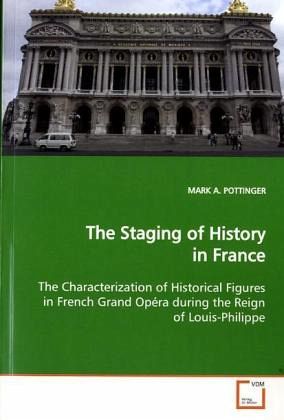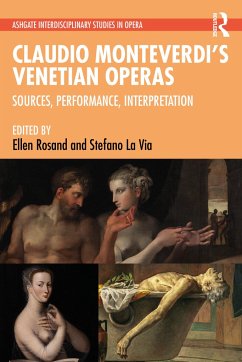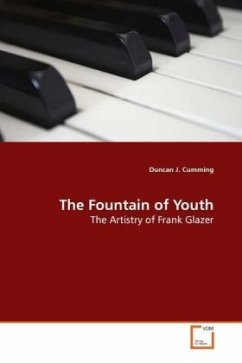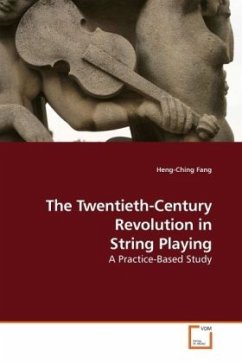
The Staging of History in France
The Characterization of Historical Figures in French Grand Opéra during the Reign of Louis-Philippe
Versandkostenfrei!
Versandfertig in 6-10 Tagen
52,99 €
inkl. MwSt.

PAYBACK Punkte
26 °P sammeln!
During the mid-nineteenth century the writing ofhistory reflected a new sensibility that was framed by the idea, experience, and result of revolution in France. Beginning with the assassination of the heirto the throne in 1820, the decade leading to theRevolution of 1830 was a time of significant changethat allowed an entire generation to identify withthe earlier revolution of 1789. The concept of theprofessional historian was just beginning to takeroot in France, and in the hands of such men whowere curious about the meaning of historical events,the writing of history began to reflect a socie...
During the mid-nineteenth century the writing of
history reflected a new sensibility that was framed
by the idea, experience, and result of revolution in
France. Beginning with the assassination of the heir
to the throne in 1820, the decade leading to the
Revolution of 1830 was a time of significant change
that allowed an entire generation to identify with
the earlier revolution of 1789. The concept of the
professional historian was just beginning to take
root in France, and in the hands of such men who
were curious about the meaning of historical events,
the writing of history began to reflect a society
desperate for change. The historical figures found
in four grand opéras that premiered between 1830 and
1850 are examined as evidence of this historical
sensibility. By emphasizing the importance of the
past on the artistic pursuits of composers,
painters, writers, and the relatively new profession
of history in the first half of the nineteenth
century, it is possible to contextualize grand opéra
within the larger cultural movements in France and
thus understand the genre s popularity during the
July Monarchy and for its subsequent decline after
its demise.
history reflected a new sensibility that was framed
by the idea, experience, and result of revolution in
France. Beginning with the assassination of the heir
to the throne in 1820, the decade leading to the
Revolution of 1830 was a time of significant change
that allowed an entire generation to identify with
the earlier revolution of 1789. The concept of the
professional historian was just beginning to take
root in France, and in the hands of such men who
were curious about the meaning of historical events,
the writing of history began to reflect a society
desperate for change. The historical figures found
in four grand opéras that premiered between 1830 and
1850 are examined as evidence of this historical
sensibility. By emphasizing the importance of the
past on the artistic pursuits of composers,
painters, writers, and the relatively new profession
of history in the first half of the nineteenth
century, it is possible to contextualize grand opéra
within the larger cultural movements in France and
thus understand the genre s popularity during the
July Monarchy and for its subsequent decline after
its demise.












